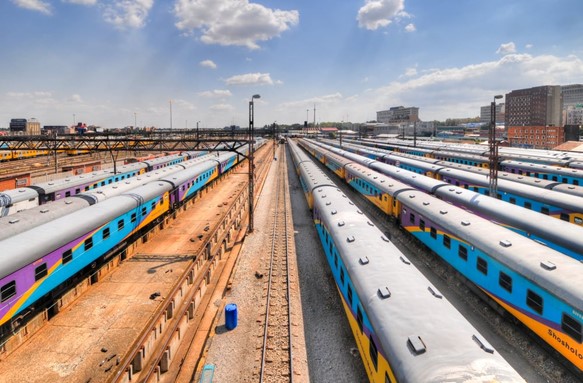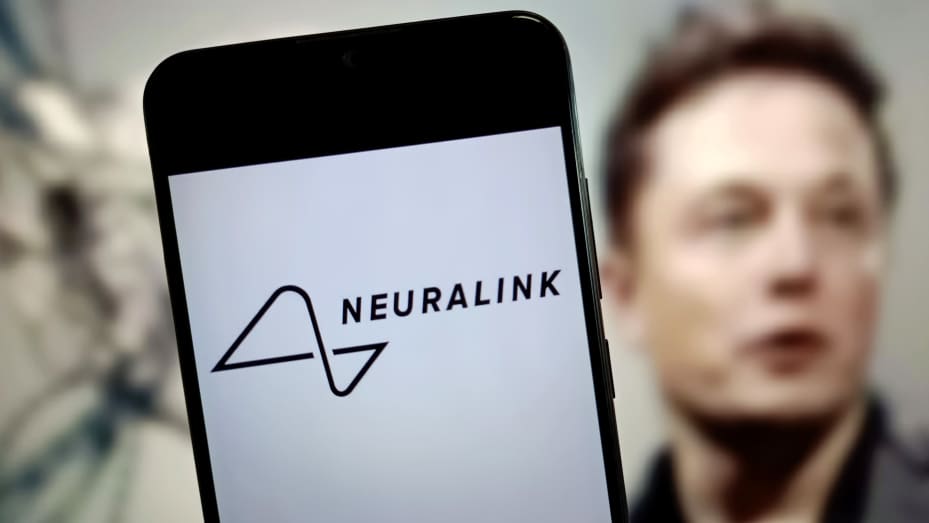President Cyril Ramaphosa has promised in his State of the Nation Address last week, that the Government of National Unity (GNU) will create a plan to change the range of food items exempt from value-added tax (VAT). However, this could prove to be challenging.
Last week, as part of his Opening of Parliament Address, Ramaphosa said the Government of National Unity (GNU) will review ways to help reduce prices of goods for South Africans. It includes a comprehensive review of administered prices to identify areas where prices can be reduced. “As the Government of National Unity, we will look to expand the basket of essential food items exempt from VAT,” he said. High food inflation has severely impacted poor South African households over the last few years. Food prices rose 9.2% in 2022 and 10.8% in 2023, placing pressure on South Africans who were already struggling due to high interest rates. Trade Intelligence’s Grocery Shopper Report for 2024/25 revealed that 17% of household expenditure in South Africa is on food. The National Treasury already zero-rates many basic foods, including brown bread, maize meal, samp, milk powder, pilchards, rice, fruit, vegetables, milk, and eggs.
Ramaphosa may have the best intentions at heart, when it comes to reducing VAT on vital food items. Working within the ranks of the GNU and parliament the president will have to find a reasonable solution. He cannot unilaterally choose to have the VAT lowered on certain basic items such as food stuffs with out consulting various government departments such as the treasury and also his coalition partners. Naturally it has always been the poor who have suffered from the rise in food prices having to balance their budgets with other necessities. If Ramaphosa “expands” that basket of essential food items exempts, from VAT he will have to find take the money made from elsewhere. Due to war in Ukraine, a huge source of grain and conflict in the Middle East such as Gaza and Yemen, food and oil prices are rising beyond any control the government can have.
The solution would be for South Africa to invest in a policy of self-sufficiency to grow its own grain and help neighbouring countries closer to home to the same so as to export. As for petrol Ramaphosa could look to oil-producing countries on the continent to increase production. Another matter is Ramaphosa’s ambition to connect the country with High-Speed Rail (HSR) services. However, with little of material value being made tangible, the sceptics and the president’s critics have questioned whether the current plan is on track.
“We want a South Africa that has prioritised its rail networks and is producing high-speed trains connecting our megacities and the remotest areas of our country,” said Ramaphosa at his first State of the Nation Address (SONA) of the sixth administration in 2019. “We should imagine a country where bullet trains pass through Johannesburg as they travel from here to Musina, and they stop in Buffalo City on their way from eThekwini back here in Cape Town,” he added. There is no formal standard for a service to qualify as HSR. However, the generally accepted rule has been that a purpose-built railway system should support speeds over 250km/h, while those with upgraded lines should be capable of carrying trains at speeds over 200km/h to be considered HSR. South Africa’s fastest passenger train service currently in operation — the Gautrain — has a top speed of 160km/h. This promise by the President, although ambitious, was received with equal excitement and scepticism.
Prioritising the rail networks should be a top priority in improving job creation for the country. Setting the standard with HSR will be very expensive though. Private investment will be required as well as public funds which have all but been depleted. Upgrading the Rail way networks to encourage safe passage between major cities and remote rural areas will encourage business growth and income generation. But, bullet trains however effective are expensive and can prove to carry their own risks. Connecting the major urbane centres and rural areas must occur first. If there is no formal standard for qualifying as an HSR then one should be created for safety concerns.
One of the issues that arise from this is where will the president obtain the money for the HSRs. How much will it cost the GNU and the department of Transport? Why would we need such high-speed trains across the country? Who will be able to afford passenger tickets on these trains?
According to PwC’s (PricewaterhouseCoopers International) July 2024 Economic Outlook, 82% of South Africans are willing to use public transport if their area has better public transport infrastructure. According to Thomas Howatt, PwC South Africa Transportation and Logistics head, this is attributed to various reasons, including increasing traffic congestion, road safety concerns, and the rising cost of private transport. South Africa has the most extensive rail infrastructure in Africa; however, years of compounding inefficiencies have made the promise of an HSR sector seem like a pipe dream for some. South Africa once had a bustling passenger rail sector. According to StatsSA’s most recent National Household Travel Survey (2020). In 2013, the last time the NHTS was conducted, some 700,000 South Africans – representing 13% of the employed population – regularly used trains to get to and from work.
Private transport has become expensive due to inflation such as rising oil prices. It is time the country and the government look else where for a stable oil market or at least somewhere where we can have leverage. Such as in Africa. The country definitely needs safer trains for its citizens to trave to work. If Durban, Cape Town, and Johannesburg are to become internationally renown metropolises then they should incorporate those elements that will grow the prosperity of these cities. However, the construction of HSRs and the introduction of bullet trains while inevitably a necessity to compete with other economies is also very expensive to construct. The need for the public to switch to trains over road vehicles is a necessity. It could help to relieve traffic congestion on the roads.
Its up to Ramaphosa as president to determine how to balance the national budget what markets we should trade with. But time is running out.
Article written by:
Yacoob Cassim
Journalist at Radio Al Ansaar






